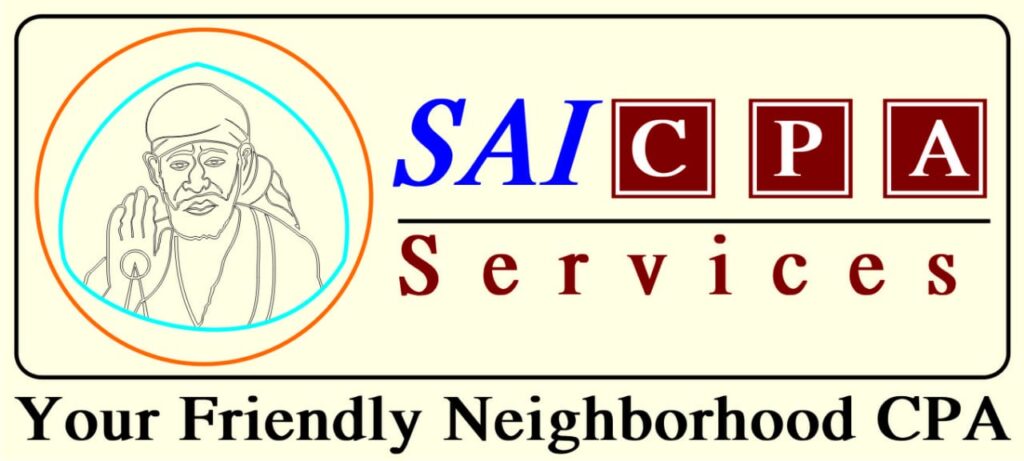
Commonly Missed Tax Deductions for Small Business
A tax deduction is an expense that you can deduct from your taxable income. some of the deductions in this list may not be available to your small business. Consult with your tax advisor or CPA before claiming a deduction on your tax return and take advantage of every legitimate deduction.
What it is Qualified Business Income Deduction?
Many owners of sole proprietorships, partnerships, S corporations and some trusts and estates may be eligible for a qualified business income (QBI) deduction – also called Section 199A – for tax years beginning after December 31, 2017.
How do I know if I qualify for QBI deduction?
If you are at or below a taxable income of $315,000 (for joint filers) and $157,500 (for single filers), any type of pass-through business can take the full deduction. Above this income threshold, the deduction is based on whether you are a specified service trade or businesses (SSTB) or not.
To claim these deductions, the business owner needs to keep accurate records and bookkeeping.
1.Business Drives: Many business owners don’t understand what business mileage actually is? Driving from office to meet a client/ for any other office purpose is tax deductible.
2. Direct home office deductions: Many people don’t know that there are direct home office expenses which are 100% deductible. For ex: Repairs made only to your home office, Maintenance for your home office and Office furniture and décor.
3. Educational Expenses: You can deduct any educational workshops or training or skills that relate to your industry. Continuing education for yourself to maintain licensing and improve skills.
4. Bank interest and bank service charges: you can deduct the interest charged both on business loans and business credit cards.
5. Employee Benefits: You can deduct contributions you make to a retirement plan for your employees. This include health insurance, SEP, IRA, FSA & 401k.
6. Startup exp: Do you know you can deduct $5000 as startup exp you incurred to launch your business? This include cost of marketing your business, travel and training cost.
7. Rent on Machinery and Equipment: Fees paid to lease or rent items used in your small business are fully deductible.
8. Gifts: If you give Gift for customers or employees in the course of your trade or business you can deduct it. However, there is $25 deduction limit for each.
9. Membership Fees: You can deduct membership fees paid by you to various associations.
10. Penalties and Fines: If there is any penalty for late performance or non-performance of contract you can deduct it.
11. Mortgage interest on Business Property: Businesses may deduct interest on loans taken out for business purposes, including mortgages on business property, term loans, and lines of credit.
12. Research and development Expense: The IRS permits businesses to deduct all R&D expenses in a single year instead of amortizing as a capital expense.
13. Website design Expense: You can deduct this expense as software exp.
14. Business use of car:
- Vehicle used solely for business purposes, then you can deduct the entire cost of operating the vehicle.
- Use it for both business and personal trips, you can only deduct the costs associated with business-related usage.
15. Depreciation: Depreciation rules require you to spread the costs of those assets over the years you’ll use them, IRS gives business owners several ways to write off the full cost in one year.
- De minimis safe harbor election.<.li>
- Section 179 Deduction.
- Bonus Depreciation.
16. Home office expenses:
- Regular and exclusive use.
- Principal Place of Business.
17. Moving expenses: Businesses can deduct the cost of moving business equipment, supplies and inventory from one business location to another. keep good records to substantiate all costs associated with your business move.
18.Carryovers : Examples of carryovers include net operating losses, capital losses, charitable contributions, investment interest, and home office deductions that were previously subject to a taxable income limitation.
19.Bad Debts :
- Accrual method of accounting and possess unpaid receivable
- Business advanced money to an employee, customer or vendor, and you haven’t been repaid, you may be entitled to a bad debt deduction.
20.Work opportunity tax credit: Hired military veterans or other long-term unemployed people.
21.Disaster and theft losses if: not reimbursed by insurance
22.Tools : Not classified as equipment’s

